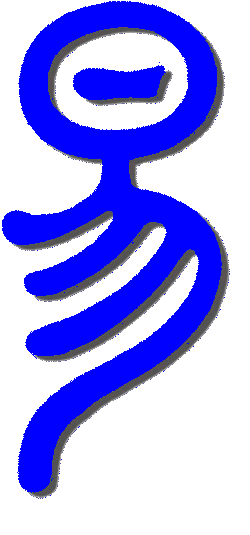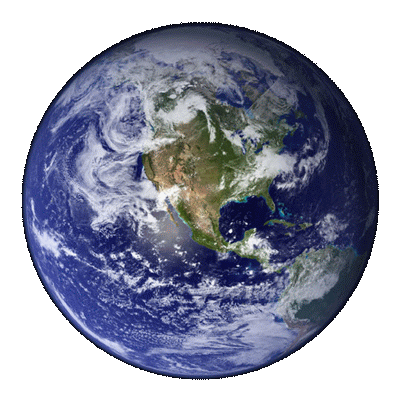|
谦 Hexagram 15
|
|
|
|
|
above: K'un / The Receptive, Earth |
|
|
|
||
|
|
||
|
|
below: Kên / Keeping Still, Mountain |
|
|
|
||
|
This hexagram is made up of the trigrams Kên, Keeping Still, mountain, and K'un. The mountain is the youngest son of the Creative (1), the representative of heaven and earth. It dispenses the blessings of heaven, the clouds and rain that gather round its summit, and thereafter shines forth radiant with heavenly light. This shows what modesty is and how it functions in great and strong men. K'un, the earth, stands above. Lowliness is a quality of the earth: this is the very reason why it appears in this hexagram as exalted, by being placed above the mountain. This shows how modesty functions in lowly, simple people: they are lifted up by it. THE JUDGEMENT
MODESTY creates success. It is the law of heaven to make fullness empty and to make full what is modest; when the sun is at its zenith, it must, according to the law of heaven, turn toward its setting, and at its nadir it rises toward a new dawn. In obedience to the same law, the moon when it is full begins to wane, and when empty of light it waxes again. This heavenly law works itself out in the fates of men also. It is the law of earth to alter the full and to contribute to the modest. High mountains are worn down by the waters, and the valleys are filled up. It is the law of fate to undermine what is full and to prosper the modest. And men also hate fullness and love the modest. The destinies of men are subject to immutable laws that must fulfil themselves. But man has it in his power to shape his fate, according as his behavior exposes him to the influence of benevolent or of destructive forces. When a man holds a high position and is nevertheless modest, he shines with the light of wisdom; if he is in a lowly position and is modest, he cannot be passed by. Thus the superior man can carry out his work to the end without boasting of what he has achieved. |

|
|
|
THE IMAGE
Within the earth, a mountain: The wealth of the earth in which a mountain is hidden is not visible to the eye, because the depths are offset by the height of the mountain. Thus high and low complement each other and the result is the plain. Here an effect that it took a long time to achieve, but that in the end seems easy of accomplishment and self-evident, is used as the image of modesty. The superior man does the same thing when he establishes order in the world; he equalises the extremes that are the source of social discontent and thereby creates just and equable conditions.1 2 1. This hexagram offers a number of parallels to the teachings of the Old and the New Testament, e.g., "And whosoever shall exalt himself shall be abased; and he that shall humble himself shall be exalted" [Matt. 23:12]; "Every valley shall be exalted, and every mountain and hill shall be made low: and the crooked shall be made straight, and the rough places plain" [Isa. 40: 4]; "God resisteth the proud, but giveth grace unto the humble" [Jas. 4: 6]. The concept of the Last Judgment in the Parsee religion shows similar features. The Greek notion of the jealousy of the gods might be mentioned in connection with the third of the biblical passages here cited. 2. There are not many hexagrams in the Book of Changes in which all the lines have an exclusive favorable meaning, as in the hexagram of MODESTY. This shows how great a value Chinese wisdom places on this virtue. |

